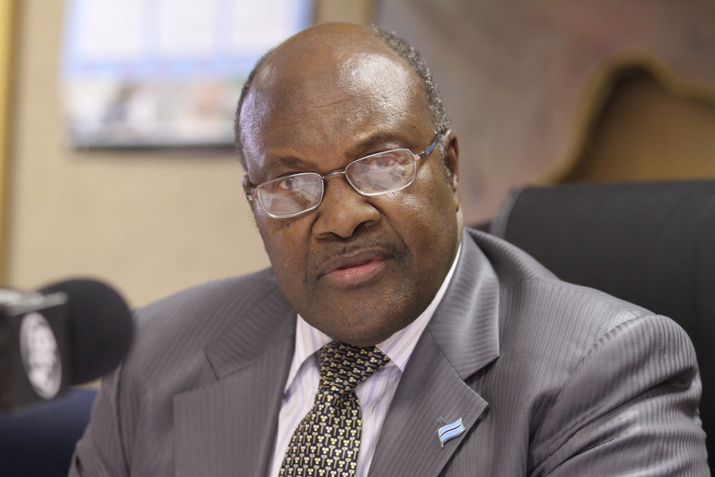- BAOA blames ‘control’ in their establishment
- “Board must be given tools to be accountable”-BAOA
- PEEPA pushes for gov’t ministries to embrace corporate governance framework
PORTIA NKANI
The continued loss making by some State-Owned Enterprises (SOEs) is a major concern to government.
It is no secret that the likes of the National Development Bank (NDB), Botswana Meat Commission (BMC), Botswana Power Corporation (BPC) and Water Utilities Corporation (WUC) are making losses. Even so, reasons behind their loss making vary as some are non-profit making entities.
NDB which should be profit-making- is faced with high levels of impairments while WUC and BPC are faced with tariff challenges which are restricted by the government and the entities are not able to recover costs.
In an effort to address this, government established institutions such as Public Enterprise Evaluation and Privatisation Agency (PEEPA) and Botswana Accountancy Oversight Authority (BAOA).
In light of these concerns, PEEPA and BAOA are expected to monitor the financial performance and governance of SOEs in meeting their objectives and targets. Minister of Finance and Economic Development, Kenneth Matambo recently indicated that going forward, government would closely work with these two institutions to strengthen the performance monitoring mechanisms for SOEs to ensure that they deliver on their mandates, and that the country derives value for money from their existence.
Commenting on the matter, CEO BAOA Duncan Majinda said some of the loss-making entities are on their top list for reviews.
BAOA was established through the Financial Reporting Act of 2010 principally to provide oversight to accounting and auditing services and promote standard, quality and credibility of providing financial and non-financial information by entities, including public interest entities.
In the past the organisation just checked if financial statements were not misstated. In the process, the auditors then identified internal control weaknesses. What then is most crucial in this case, Majinda says, is for the CEO to be held accountable as the financial statements are the responsibilities of directors who report to the CEO.
What was also looked at was whether the organisation complies with corporate governance. According to King 3, which Majinda says is the currently used South Africa’s international practice in Botswana- the entity has to comply with the good practices and see whether the constitution of the board of directors is balanced and constituted properly. “Does it have the required skills and competencies. The board has to be properly constituted for any organisation to perform at par,” he indicated.
In the case of most of Botswana’s SOEs, the board is appointed at ministerial level by ministers. Most public servants, mostly permanent secretaries are appointed as ex-officials of boards in SOEs.
“Give the boards tools to be accountable, choose their own members according to skills and competencies required. Then on the other hand the government can have control through shareholder compact and be able to hold the board accountable. Control through ex-officials is not the right approach,” Majinda pointed out.
He argues that the establishment of most parastatals already is wrong. “We need to look at it and see how best to go about it. Let the entities choose the best. If it is ex-officio based, there will be a problem.”
Government pumps a lot of money into loss making entities. Majinda says they will help them look beyond just the audit; that is establishing the organisation’s liquidity, gearing, extent to utilise assets, going concern status beyond audit.
Gazette Business understands that, BAOA is looking to visit more than 20 entities for review. However, this may also be dependent on the Finance minister’s schedule and priorities.
PEEPA PR and Communications Manager Mosikare Mogegeh said “PEEPA is working towards ensuring that 2018/19 financial year all ministries will have embraced the corporate governance framework with their SOEs.” The government through PEEPA developed a corporate governance framework that is aimed at instilling good corporate among SOEs and improving their performance. Ministries are at different progress levels of up taking the governance framework tools such as the Board Charters, Shareholder compacts, Board Evaluation, and performance monitoring matrix.
However, PEEPA notes that the state of the SOEs is different depending on progress made in adopting governance framework, the regulatory environment of the SOE, calibre of the board and various other factors.
According to Mogegeh, these performance reviews will provide the basis and impetus for undertaking detailed studies to inform decisions for privatisation or restructuring of SOEs.

